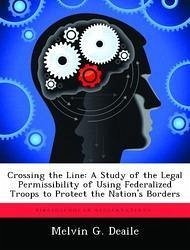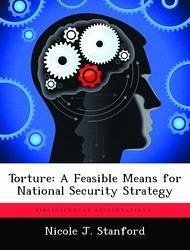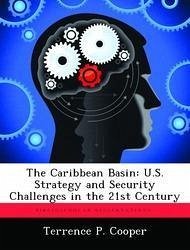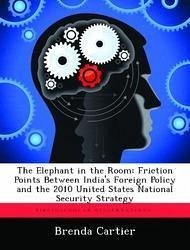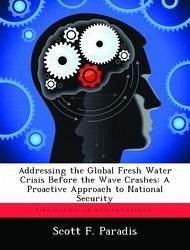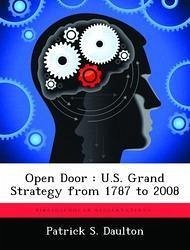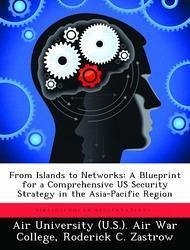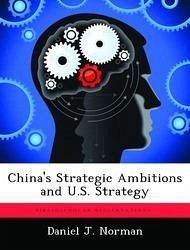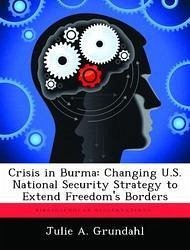
Crisis in Burma: Changing U.S. National Security Strategy to Extend Freedom's Borders
Versandkostenfrei!
Versandfertig in über 4 Wochen
52,99 €
inkl. MwSt.

PAYBACK Punkte
26 °P sammeln!
Since 1962, the state of Burma (or Myanmar) has fallen victim to defunct military rule that has driven the country into economic crisis aggravated by widespread poverty and disease, reliance on the illicit drug trade, massive corruption, and grave human rights violations. In 1988, the crisis manifested in large-scale internal protests for democratic reform resulting in the killing of over 3,000 civilians at the hands of the junta-led military. Since then, the democratic opposition party in Burma has struggled to overcome extreme measures of isolation and suppression by the junta to stimulate a...
Since 1962, the state of Burma (or Myanmar) has fallen victim to defunct military rule that has driven the country into economic crisis aggravated by widespread poverty and disease, reliance on the illicit drug trade, massive corruption, and grave human rights violations. In 1988, the crisis manifested in large-scale internal protests for democratic reform resulting in the killing of over 3,000 civilians at the hands of the junta-led military. Since then, the democratic opposition party in Burma has struggled to overcome extreme measures of isolation and suppression by the junta to stimulate a transition to democratic governance. As the world's superpower and "beacon of light" for democratic processes and ideals, the US has an important leadership role to play in this political drama. Aside from its moral obligations, however, US strategic interests are at stake as they are increasingly compromised by the economic and political instability caused by rogue governments. Therefore, it is not enough to limit the promotion of freedom that has yielded stability and prosperity within US borders alone. So, how should the US respond to the crisis in Burma? For the past two decades, US foreign policy has relied heavily on economic pressure to coerce political change. In light of worsening conditions in Burma and significant changes in global power politics since the turn of the millennia, a change in strategy is needed. Using the Problem/Solution method of research, this paper examines the full spectrum of strategic options and recommends a course of action that respects the current dynamics of the geopolitical environment as well as current US capabilities and limitations. This paper contends that to protect its national security interests, the US should implement a strategic blend of all four major instruments of power--economic, military, information, and diplomacy--placing the greatest emphasis on diplomacy in the Southeast Asia region and with China to promote political




